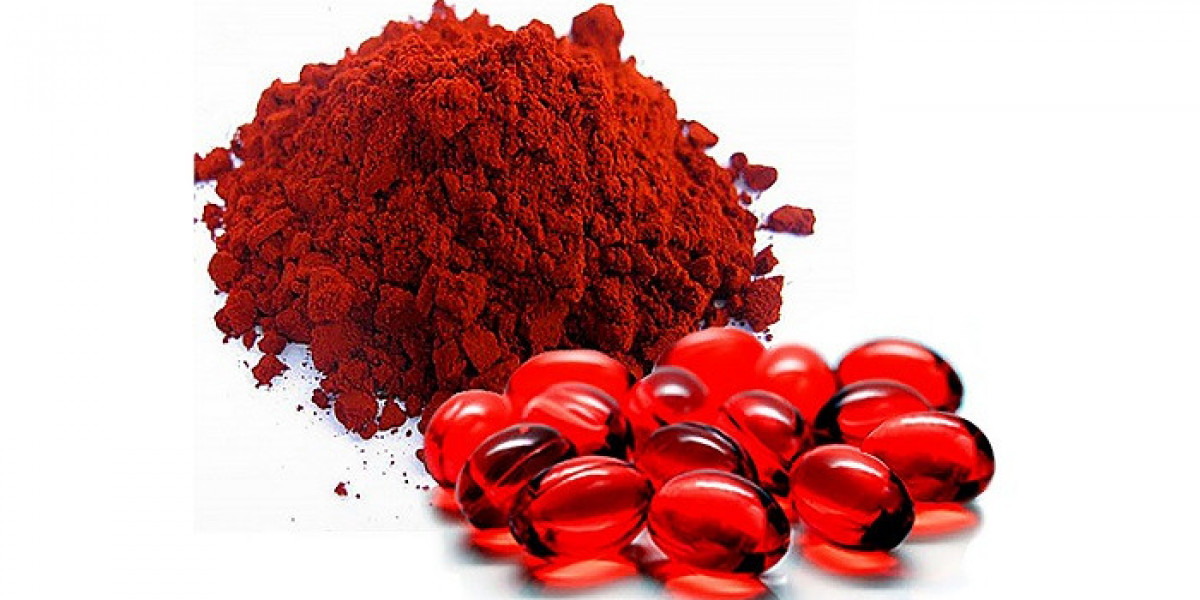The liver is one of the body's most vital organs, playing a central role in detoxification, metabolism, and digestion. A healthy liver ensures your body functions smoothly, while liver issues can lead to serious health complications. That's where a Liver Function Test (LFT) becomes essential. It is a diagnostic tool that assesses how well the liver is working and helps detect liver diseases. In this comprehensive article, we will explore the Liver Function Test, its importance, what it measures, and why it's crucial for your health.
What is a Liver Function Test (LFT)?
A Liver Function Test, commonly referred to as LFT, is a series of blood tests designed to evaluate the health of your liver. It measures the levels of enzymes, proteins, and substances produced or processed by the liver. These tests can help detect inflammation, infection, and damage to the liver. They also provide crucial information about how well the liver is processing various substances in the blood, such as bile and proteins.
While LFTs are commonly used to monitor chronic liver diseases, such as hepatitis, they are also frequently conducted as part of routine check-ups, especially if you have risk factors for liver problems like alcohol consumption, obesity, or medication usage.
Why is Liver Function Important?
The liver performs several vital functions, including:
Metabolism of Fats, Proteins, and Carbohydrates: The liver processes nutrients absorbed from the digestive tract, converting them into essential substances that the body needs to function.
Detoxification: One of the liver's primary functions is to detoxify harmful substances like drugs and alcohol and remove waste products from the blood.
Production of Bile: The liver produces bile, which helps digest fats and carry away waste products.
Protein Synthesis: The liver makes proteins that are essential for blood clotting and other bodily functions.
Storage of Nutrients: The liver stores vitamins and minerals, releasing them into the blood as needed.
Due to the liver's central role in maintaining overall health, it's critical to monitor its performance, and Liver Function Tests serve as a window into your liver's health.
When is a Liver Function Test (LFT) Recommended?
Your healthcare provider may recommend a Liver Function Test if you have symptoms of liver disease or are at higher risk of liver damage. Some common symptoms and risk factors include:
Symptoms:
- Jaundice (yellowing of the skin and eyes)
- Fatigue and weakness
- Abdominal pain or swelling
- Dark urine and pale stool
- Nausea or vomiting
- Loss of appetite
- Unexplained weight loss
Risk Factors:
- Excessive alcohol consumption
- Obesity
- Diabetes
- A history of hepatitis
- Use of medications that can affect the liver
- Family history of liver disease
Additionally, LFTs may be ordered for routine monitoring if you're already diagnosed with a liver condition such as cirrhosis or hepatitis.
Components of a Liver Function Test (LFT)
A Liver Function Test typically includes several different tests. Each test measures specific enzymes, proteins, or substances that indicate the liver’s health and functionality. Below are the most common components:
1. Alanine Aminotransferase (ALT):
ALT is an enzyme found primarily in the liver. Elevated ALT levels in the blood often suggest liver damage or inflammation.
2. Aspartate Aminotransferase (AST):
AST is another enzyme present in the liver, heart, muscles, and other organs. Like ALT, elevated AST levels can indicate liver damage but are less specific to the liver than ALT.
3. Alkaline Phosphatase (ALP):
ALP is found in the liver, bones, kidneys, and bile ducts. High levels of ALP may indicate blocked bile ducts, liver disease, or bone disorders.
4. Gamma-glutamyltransferase (GGT):
GGT is an enzyme that helps with bile production. Elevated GGT levels can be a sign of liver or bile duct problems and are often increased in people who consume excessive alcohol.
5. Total Bilirubin:
Bilirubin is a byproduct of red blood cell breakdown and is processed by the liver. Elevated bilirubin levels can lead to jaundice, and it’s often a sign of liver dysfunction.
6. Albumin:
Albumin is a protein made by the liver and is essential for keeping fluids in the bloodstream. Low albumin levels could indicate liver damage or other health conditions such as malnutrition or kidney disease.
7. Prothrombin Time (PT):
This test measures the time it takes for blood to clot. Since the liver produces clotting proteins, a prolonged PT may indicate liver dysfunction.
How to Prepare for a Liver Function Test (LFT)
Preparing for a Liver Function Test is usually simple. However, there are a few things to keep in mind to ensure accurate results:
- Fasting: In some cases, you may be asked to fast for 8-12 hours before the test. This is because food and beverages can affect enzyme levels.
- Medication: Inform your healthcare provider of any medications you are taking, as some can interfere with liver function test results.
- Alcohol: Avoid alcohol consumption for at least 24 hours before the test, as alcohol can temporarily elevate liver enzymes.
The actual blood draw for a Liver Function Test is quick and straightforward, and results are typically available within a few days.
What Do the Results of a Liver Function Test Mean?
Interpreting Liver Function Test results can be complex, as many factors can influence liver enzyme levels. However, here’s a general overview of what your results might indicate:
Elevated Enzymes:
- High levels of ALT and AST usually suggest liver inflammation or damage. Conditions like hepatitis, fatty liver disease, or alcohol-induced liver damage can cause elevated enzyme levels.
- Elevated ALP or GGT might point to blocked bile ducts or liver conditions like cholestasis or liver tumors.
- High bilirubin levels could be a sign of liver dysfunction, bile duct obstruction, or diseases affecting red blood cells.
Low Levels:
- Low albumin may suggest chronic liver disease, such as cirrhosis, malnutrition, or kidney disease.
- Prolonged PT can indicate a deficiency in clotting proteins due to liver damage.
However, slightly abnormal liver function test results do not always mean you have a serious condition. Factors like recent exercise, medication, or even minor infections can influence liver enzymes. Always discuss your results with your healthcare provider for an accurate diagnosis and to determine if further testing is needed.
What Happens After an Abnormal Liver Function Test?
If your Liver Function Test results are abnormal, your healthcare provider may recommend additional tests or imaging studies to identify the underlying cause. These may include:
- Ultrasound or CT scan to assess liver size, shape, and structure.
- Liver biopsy to examine liver tissue and identify the extent of damage or disease.
- Additional blood tests to pinpoint specific liver conditions, such as hepatitis or autoimmune liver diseases.
In many cases, lifestyle changes like reducing alcohol consumption, losing weight, or managing cholesterol can help improve liver function. For those with chronic liver diseases, medications or treatments may be necessary to prevent further damage.
How to Maintain a Healthy Liver
Preventing liver disease or minimizing its impact is crucial. Here are some steps you can take to maintain a healthy liver:
1. Limit Alcohol Consumption:
Excessive alcohol intake is one of the leading causes of liver disease. Stick to moderate drinking guidelines to prevent alcohol-related liver damage.
2. Maintain a Healthy Weight:
Obesity is a significant risk factor for non-alcoholic fatty liver disease (NAFLD). Regular exercise and a balanced diet can help keep your liver healthy.
3. Eat a Balanced Diet:
A diet rich in fruits, vegetables, whole grains, and lean proteins can support liver health. Avoiding processed foods and added sugars can also prevent liver problems.
4. Stay Hydrated:
Drinking enough water helps the liver detoxify and process waste efficiently.
5. Get Vaccinated:
Vaccination against hepatitis A and B can prevent viral liver infections.
6. Regular Health Check-ups:
Routine blood tests, including Liver Function Tests, can help catch potential liver problems early.
Conclusion
The liver is a powerhouse organ essential for detoxification, digestion, and nutrient metabolism. Regular Liver Function Tests (LFTs) are crucial for monitoring liver health, especially if you have risk factors or symptoms of liver disease. By understanding your LFT results and making healthy lifestyle choices, you can protect your liver and ensure it functions optimally.
Whether you're experiencing liver symptoms or just looking to maintain your overall health, Cura4U offers comprehensive diagnostic tests, including Liver Function Tests, to help you take control of your health. Reach out to a healthcare provider today to learn more about the Liver Function Test and its importance in maintaining a healthy liver!








